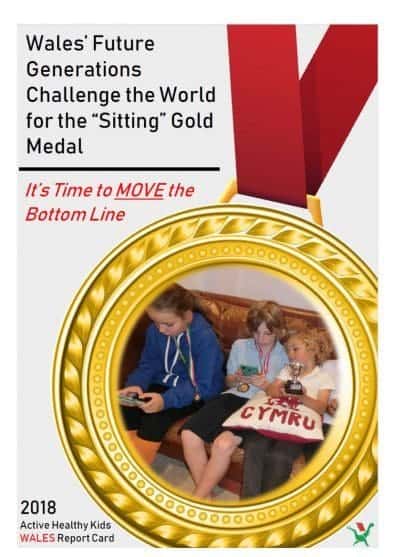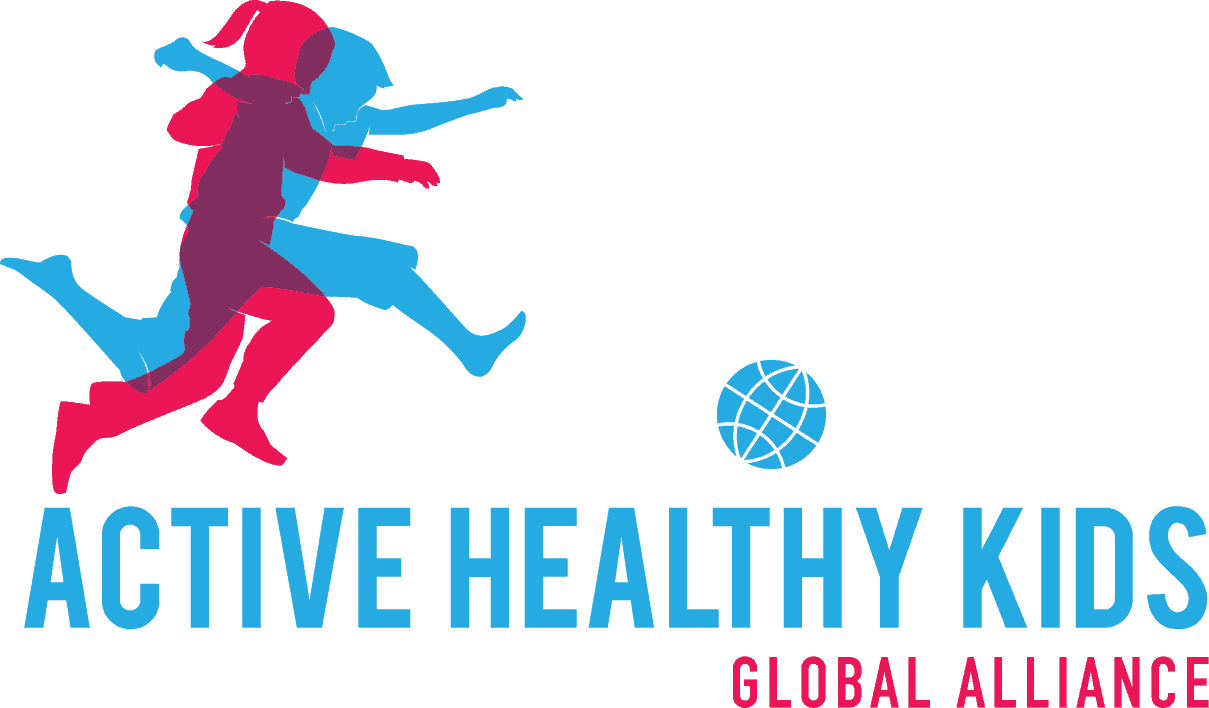
16 Nov The AHK-Wales Report Card 2018: Policy Measures – is it possible to ‘score’ qualitative data?
Congratulations to the Wales Report Card team on their recent paper titled “The AHK-Wales Report Card 2018: Policy Measures – is it possible to ‘score’ qualitative data?” that was just published in the Health Promotion International! A summary of the paper is below. To access the full paper, please follow this link.
Malcolm R Ward, Richard Tyler, Lowri C Edwards, Maggie C Miller, Simon Williams, Gareth Stratton, The AHK-Wales Report Card 2018: Policy Measures – is it possible to ‘score’ qualitative data?, Health Promotion International, daaa118, https://doi.org/10.1093/heapro/daaa118
Summary
Comprehensive and meaningful policy analysis in the field of physical activity is difficult, not least because of the variable influence of other policy domains. However, in 2011 a Policy Assessment Tool (PAT) was developed by members of the WHO European Network for the Promotion of Health-Enhancing Physical Activity (HEPA Europe) and tested in several different countries. In 2014, Wales joined a global initiative, active healthy kids (AHK) Global Alliance, that supported the development of country level ‘Report Cards’ scoring a range of indicators that influence physical activity amongst children and young people, one of which was labelled ‘Government Strategies and Investments’. For the first two Report Cards this indicator and its associated ‘score’ was informed subjectively by expert consensus. In 2018, it was decided to utilize the Policy Audit Tool Version 2 (PAT v2) developed by HEPA Europe to aid analysis and to develop and test a scoring rubric aligned to the tool. The subsequent process indicated that the tool could be applied and translated into a ‘grade’ that could be used in conjunction with the other indicators of the AHK Report Card to generate overall Report Card grades. The use of both the HEPA PAT v2 and the scoring rubric offers an opportunity to provide greater consistency and potential for developing both comparative and trend data when assessing policy impact on physical activity in children and young people. These tools should be utilized by the AHK Global Alliance in future Report Cards.
Click here to access the full publication.


